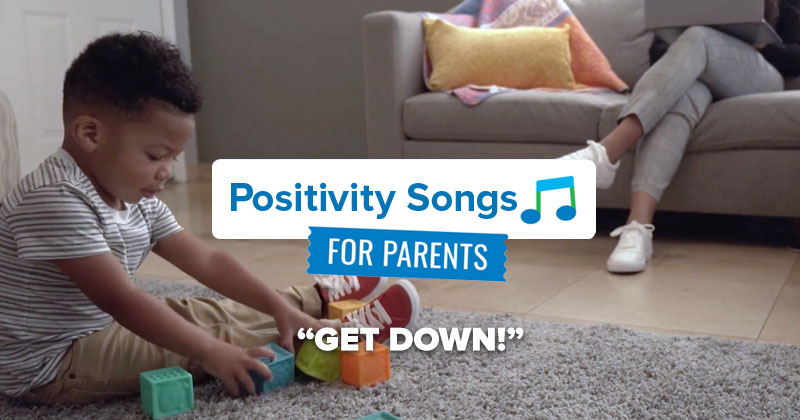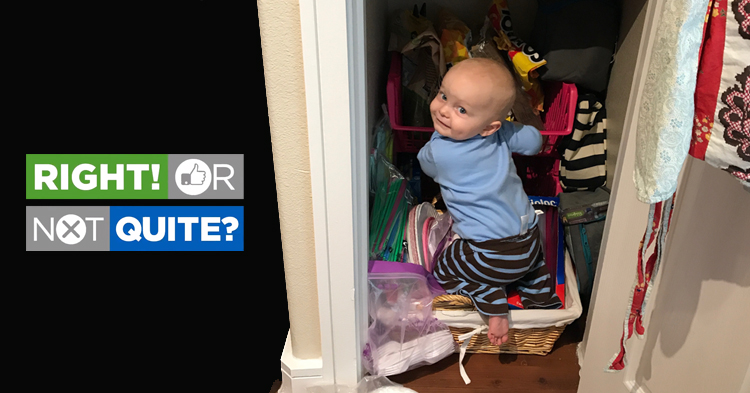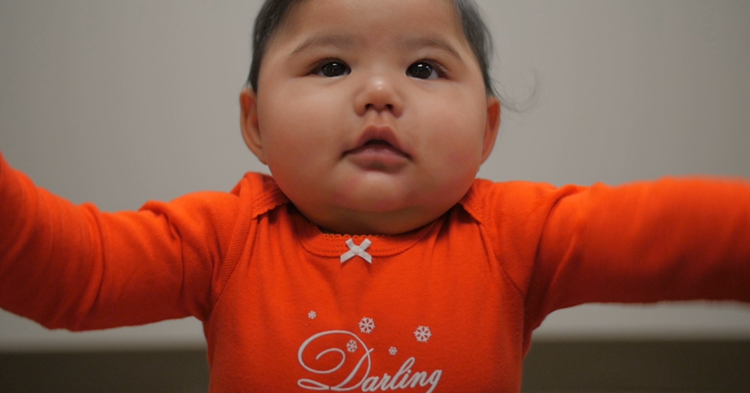Sometimes your little ones just don’t want to do what you want them to do. Or stop doing what you don’t want them to.
They’re young kids, of course, still learning and developing, but it can be frustrating in the moment.
Ask any of the wonderful, knowledgeable early childhood professionals who work with Arizona families with young children and they’ll probably tell you that the question they’re asked the most is some version of:
How do I get my child to stop [insert challenging behavior here]?
They’ll also tell you that there’s no simple answer or surefire solution to these How questions. But it might help to ask a different question first:
Why?
“Maybe not, ‘How do I do it?’ but, ‘Why are they doing it?’” advises Elizabeth Santiago, director of the United Way of Pinal County’s family, friend and neighbor program.
“What is the big emotion behind the behavior? What is the child feeling? Understanding it from the child’s point of view is always going to help you with the behavior.”
Positive Parenting
Elizabeth recently participated in First Things First’s Facebook Live conversation about positive parenting, a way to build supportive, loving parent-child relationships. Understanding your child’s point of view is one the nine elements of positive parenting.
“Sometimes it’s just the shift in the thought process that will make your perspective more positive,” she said. “Instead of thinking, ‘How do I fix this?’, think, ‘Why does the child need this?’” From there, you can focus on what you can do to meet your child’s needs.
The Facebook Live conversation also touched on some of the other keys to positive parenting, like seeking help and support and when you need it, and remembering to take care of yourself so you can better take care of your child’s needs.






